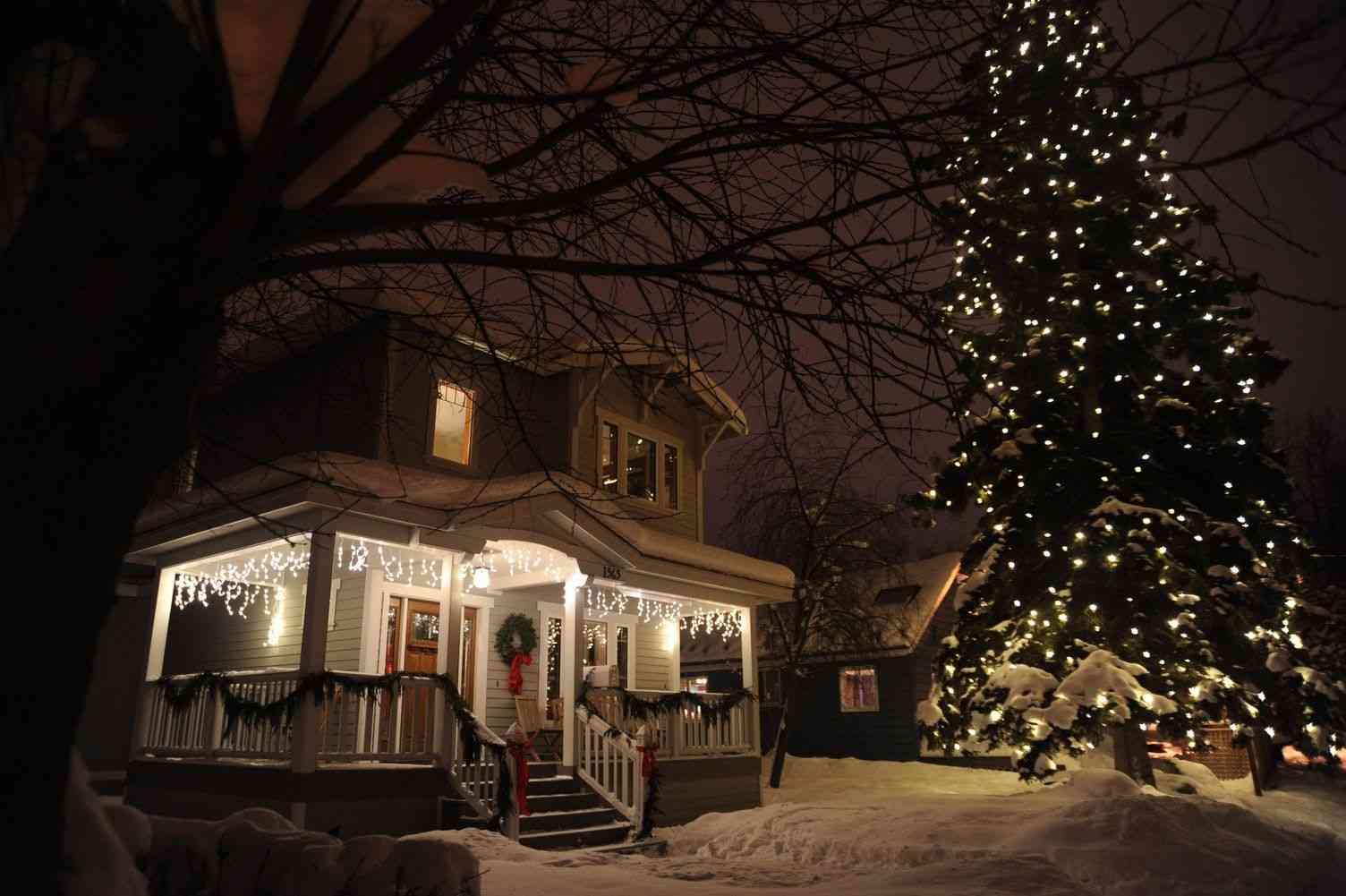Why do we say 'Merry Christmas' instead of 'Happy Christmas'?
Have you ever wondered where the word ‘Merry Christmas’ came from?

We are familiar with hearing ‘Merry Christmas’ or ‘Happy New Year’ or ‘Happy Birthday.’ On December 25, we hear ‘Merry Christmas’ from our friends, family members, coworkers, and relatives. We are accustomed to hearing this word. But have you ever wondered where the word ‘Merry Christmas’ came from?
We use the word ‘Happy’ for most other holidays or occasions. Why don’t people wish you a festive Christmas or Merry New Year? Now we have a question in our mind, why Christmas is ‘merry,’ and the other occasions are not. Let’s discuss why Christmas is merry instead of “happy.”
History of Merry Christmas:
Historians and linguists cannot determine precisely why we tend to say merry Christmas. It is important to note that Happy Christmas is still widely used in England. It is believed that ‘Happy’ had a higher class meaning than ‘Merry,’ which was associated with lower-class people. The royal family accepted ‘Happy Christmas’ as their greetings and others took note. Queen Elizabeth wishes her citizens every year by Happy Christmas instead of a merry one.
Merry Christmas has been used since at least 1534 in London when Bishop John sent a letter to Henry VIII’s chief minister Thomas Cromwell. The phrase ‘we wish you a merry Christmas’ was used in the 16th century in English carol.
Charles Dickens’ A Christmas carol was published in 1843 with ‘Merry Christmas,’ and it became famous. In that year, the phrase ‘Merry Christmas’ was first commercially used in Christmas cards.
Despite its prevalence, the word merry Christmas didn’t gain universal support. For example, in the book “The Night Before Christmas,” Clement C. Moore ends the writing with the word, ‘A Happy Christmas to all and to all a good night.’ Each year, Queen Elizabeth also wishes her citizens a Happy Christmas in her annual broadcast.
In fact, Great Britain preferred Happy Christmas because of Queen Elizabeth’s influence. She prefers happy to merry because she dislikes the word ‘merry.’ She thought the word merry carried with its sense of boisterousness and even intoxication.
No one knows for sure why Merry Christmas became more popular in the United States. However, when we hear Merry Christmas, it reminds us of the 25th of December.

The Use of Merry Christmas:
Merry Christmas is now a universal phrase for welcoming people to the Christmas season. People from all over the world are using this word without any religious and racial discrimination. It is used almost everywhere for celebrating Christmas.
This simple phrase gives us the message of good wishes, joy, and love. It can create a new relationship and connect with people, including strangers.
Editors Pick:

Reference:
[2]. https://www.wonderopolis.org/wonder/why-do-we-say-merry-christmas
[3]. https://www.reckontalk.com/why-do-we-say-merry-christmas-not-happy-christmas/


